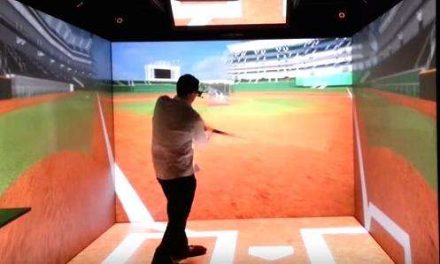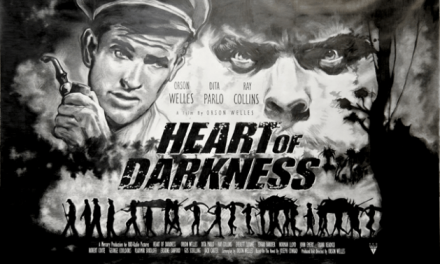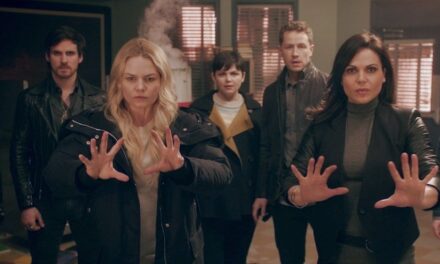The Institute for Multidisciplinary Research in Art (ICMA) and the Faculty of Visual Arts and Design at George Enescu National University of Arts (UNAGE) are pleased to invite submissions of articles for publication in the Beyond Biopolitics: Visual Digital Culture and the 21st Century Disruptive Events volume.
The Russian invasion of Ukraine flooded traditional and digital media with static and moving images including newsreels, amateur, and drone footage, or satellite imagery displaying military force abuse, violence against civilians, shelling, damaged and destroyed buildings, and people leaving their homes and country in what was described as the largest exodus since WW2. While social media was banned in Russia and started, in return, to track and control information related to war all over the world, fake news and image manipulation reached maximum levels and seem to be a novelty in re-creating an old-World War discourse within the EU.
However, such imagery of socially and politically disruptive events, following the paths of globalization, was already present in the contemporary visual culture for the last two decades. Attempts to manipulate, control, divert and even capitalize such visual data were an integral part of contemporary crisis management of military conflicts and health emergencies taking place in other parts of the world beyond Europe. The conjunction of bio-, necro-, and psychopolitics, on the one hand, and digitally produced and circulated images associated with socially and politically disruptive events, on the other hand, raises several questions such as: What are the main differences between the reproduction and production of these events in the digital media realm? What is their social impact? How did digital productions articulate and/or calibrate the political and traditional media discourses? What trends and digital policies can be linked to the control and dissemination of imagery through social networks? What are the main differences between war, pandemic, and other forms of social unrest? How did digitality mediate the COVID-19 pandemic discourse and influence the netizens? How did the latter’s activity contribute to the spread of panic and the creation of an infodemic and, eventually, a climate of fear? Soon after, how has digitality changed the way the world perceived the Russian-Ukrainian conflict? How are the EU and US’s geopolitical implications and power relations reflected in the digital mediascape? At the same time, what role do digitally co-produced images such as memes play in the dissemination, circulation, and criticism of information? What types of civic and political resistance were or can still be imagined by artists and netizens alike?
For the volume, we encourage engagement with a wide range of topics, which we hope will attract researchers interested in the Y2K problem, 9/11, the Global Financial Crisis, the Boko Haram insurgency, the Mexican drug war, the Syrian Civil War, the Yemeni Crisis, the Tigray War, the COVID-19 pandemic, and the Russo-Ukrainian War in terms of power relations, visual politics, political aesthetics, information politics, bio-communicability, activist media, network society and the state of emergency, social distancing or memetic warfare. Hence, proposals might address the various social, political, economic, artistic, individual, collective, institutional, representational, and technological dimensions of digital interactions and environments. As mentioned, potential topics include, but are not limited to:
- Bio-, necro- and psychopower in the information age.
- Biopolitical aesthetics.
- Bio-communicability and the public sphere.
- Information biopolitics and network society.
- Disruptive events in a global age: digital media and reporting conflict.
- Electronic/platform colonialism.
- Network attention.
- Digital citizens and revolutions.
- Participatory culture and memetic warfare.
- Netnography and cyberethics.
- Post-literate society.
- Technocriticism.
- Technorealism.
- Platform capitalism and social media ideologies.
- Cancel culture.
- Post-truth politics.
Submission Guidelines
We welcome the following types of manuscripts:
- Research articles (8,000-20,000 characters).
- Artistic research articles (7,000-20,000 characters).
- Essays (philosophical inquiries, 5,000-15,000 characters).
All manuscripts submitted for review must be original, not been previously published and are not currently in another peer-review process.
Language – We accept and publishes manuscripts in English.
Formatting -Texts should be submitted in .doc or .rtf format, and edited using the Times New Roman font, 12-point font size.
Title Page – Texts should be prepared for blind reviewing. Authors should write their name, position, affiliation, and contact information (including e-mail address) on a separate page.
Abstract – All submissions must be accompanied by an abstract (max. 200 words).
Information about Authors – Authors should also submit a short description of their research interests and recent publications if any. This description should not exceed 5 lines and should be sent separately.
Citations and List of References – References should follow the author-date system of the Chicago Manual of Style, the 16th edition. Please consult the Chicago-Style Citation Guide.
Acknowledgments – Acknowledgments of grants, funds, etc. should be placed before the reference list. The names of funding organizations should be written in full.
Images – should be sent separately. The author is responsible for the copyright of all images that accompanied the article. If the author doesn’t have the copyright for the images, these can be added as a list of hyperlinks.
Key dates
Abstract submission deadline (limited to 2 abstracts per author): November 30, 2023.
Notice of Acceptance (based on abstract): 10 December, 2023
Full paper submission deadline: March 1st, 2024
Submission email: v.cybercult@unage.ro or daniel.ungureanu@unage.ro (send as attachments – doc, docx, rtf files only and please mention the name of the volume in the subject of the email).
No publication or peer-review fee.
Daniel Ungureanu daniel.ungureanu@unage.ro





